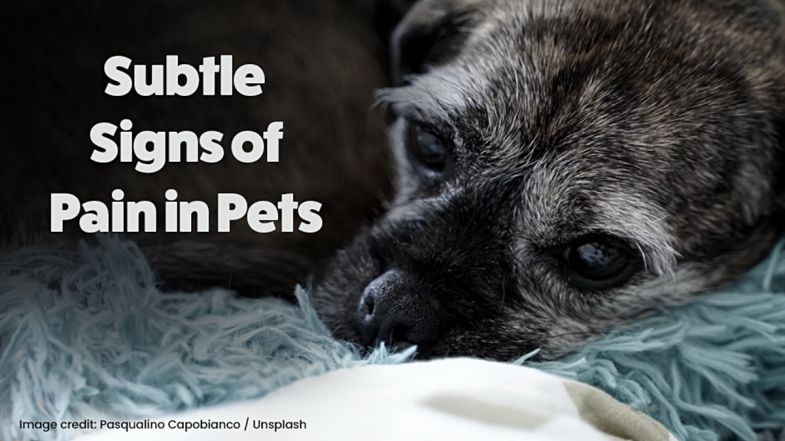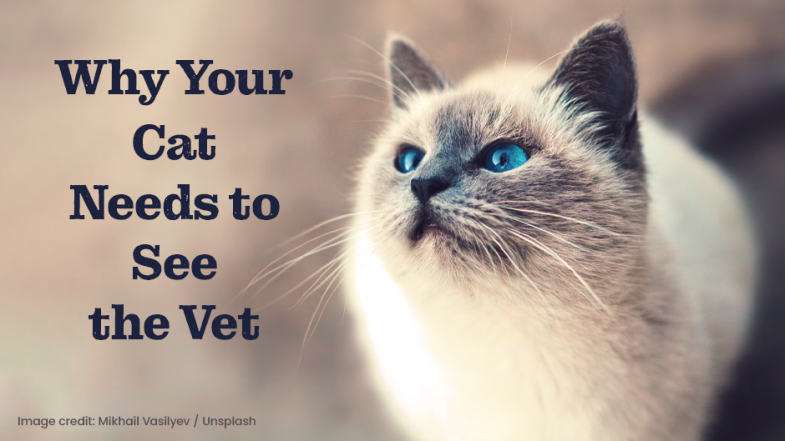Our Veterinary Services
Examinations: 
Did you know that the most important part of your visit with The Neighborhood Veterinarian is the doctor's examination? The doctor will examine your pet prior to any procedure or routine care. She may find a problem in your pet that you did not notice. An examination includes an evaluation of your pets: eyes, ears, teeth, skin and haircoat, muscles, skeleton, genital region, and heart (rate and rhythm).
Vaccinations:
Keeping your pet healthy is extremely important. Vaccinations help protect your pet against deadly and contagious diseases. The doctor and staff can help you choose what vaccines are most appropriate for your pet. Indiana state law requires your pet to be vaccinated for rabies.
Anesthesia and Surgery:
Each pet is different and therefore anesthesia protocols are customized to your pet's needs. The Neighborhood Veterinarian uses advanced technology to monitor your pet under anesthesia as well as manual methods. A pulsoximeter and ECG will show your pets oxygenation, heart rate, heart rhythm, and respiration rate. A Veterinary assistant will manually check heart rate and respiration rate. Your pet will receive continuous care from the moment he arrives in the hospital to his release at the end of the day. The glass doors of the Intensive Care Unit allow the doctor and staff to monitor your pet throughout the day, but the ICU also allows your pet a quiet, safe place to recover from anesthesia.
Anesthesia can be a stressful event for both you and your pet. The Neighborhood Veterinarian doctor and staff will take the time to help put your mind at ease.
Dental Care
Pets love to give kisses, so why not give them the gift of fresh breath? Routine dentistry has far more benefits that you might realize. Tarter and plaque build up in your pets mouth daily, but unless you are brushing and flossing their teeth everyday, dentistry is necessary to help keep your pets teeth and gums healthy.
Dentistry is performed under the comfort of general anesthesia. A veterinary assistant will scale, polish and fluoride your pets teeth. Pockets, gum recession, carries, and other abnormalities are noted and recorded in your pet's chart. Sometimes it is necessary to extract a tooth for various reasons. Pain medication and antibiotics are prescribed for such cases. Each canine dental is completed a dental detailed dental record is added to your pet's chart for future visits.
Ultrasound:
The Neighborhood Veterinarian welcomes the help of Veterinary Imaging, a mobile ultrasound team that will come to the hospital for convenience. Your pet will remain comfortable before, during, and after the ultrasound. Veterinary Imaging uses modern ultrasound techniques with all images interpreted by a board certified radiologist or cardiologist.
Senior Care:
"Senior at Seven" is certainly a buzz phrase in veterinary medicine. The fact remains that each pet ages at different rates. The age of seven gives you an idea of the proper time to start looking at ways to keep your pet young at heart. The Neighborhood Veterinarian recommends a routine set of blood tests to check for any internal changes in your pet. Diet, Nutrition, and exercise will also change as your pet ages. Please talk to the staff or set up an appointment with the doctor to further discuss the best options for your pet.
Puppy and Kitten Care:
Everyone loves puppies and kittens but are you prepared (emotionally and financially) for the responsibility of the family member? Before adopting or purchasing a puppy or kitten, learn as much as you can about the breed and talk to others who own the same breed. You may find out more than you wanted to know!
Once you have found your new buddy, set up an appointment as soon as possible. It is important that you understand how to keep your new pet happy and healthy. The Neighborhood Veterinarian staff will guide you through the necessary vaccinations, protocols, and training techniques.
Please visit the Humane Society of Indianapolis or Rescue groups you may just find your next best friend!
Behavior Consultation:
The staff at the Neighborhood Veterinarian is more than willing to guide you through some basic behavior modifications. However for major problems, you should talk to an animal behaviorist. We will work closely with the behaviorist to find the most appropriate mood altering medications if training isn't enough.
Most often animals are surrendered to the Humane Society or rescue groups because the owner didn't take the time to work through behavioral problems. Don't let this happen to your pet!
Boarding
The Neighborhood Veterinarian has a complete listing of boarding kennels, pet sitters and special services providers for your pet. Just ask the staff!
Pharmacy
The Neighborhood Veterinarian has a fully stocked pharmacy for your convenience. Prescriptions can be filled during your appointment, called in for pick-up or shipped directly to you through our online pharmacy!
Microchipping
One of the most beneficial ways to protect your pet is to microchip him! A microchip is an easy way to identify a lost/found pet and reunite him with his family. While tags and collars are helpful, they are often lost when pets are running loose or worse, stolen. A microchip takes a matter of seconds to insert and will keep your pet identifiable for the rest of his life. Don't delay... have your pet microchipped today!
Rescue
The Neighborhood Veterinarian works closely with GRRACE (Golden Retriever Rescue and Community Education), ARPO (Alliance for Responsible Pet Ownership) and FIDO (Friends of Indianapolis Dogs Outside).
Emergency Care
For after hours emergencies, please contact MedVet Specialty & Emergency Hospital at (317) 872-8387. Superb care and doctors you can trust, makes this emergency hospital our first choice for after hours support. Their caring staff and wonderful doctors are ready to help you.


